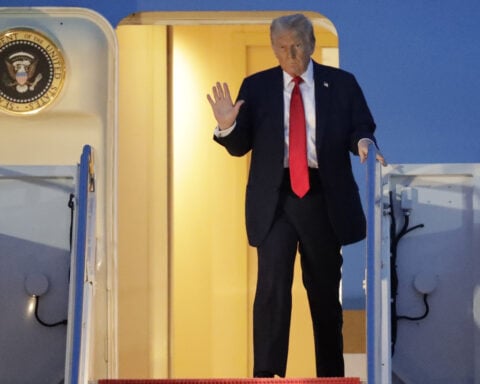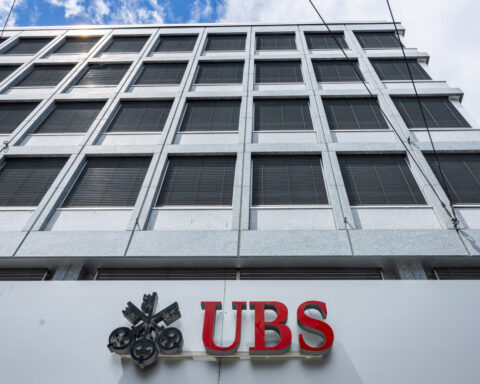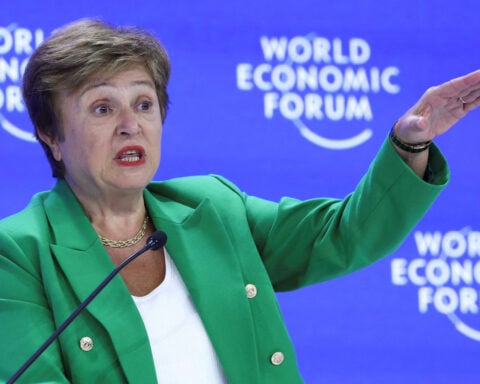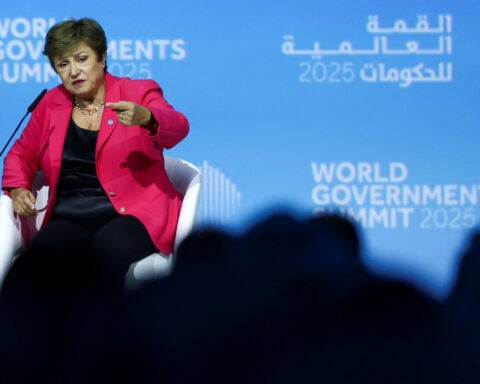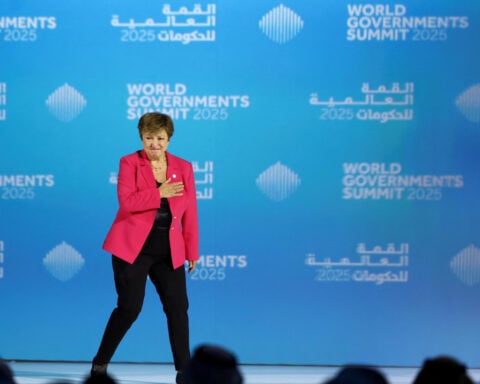LONDON (Reuters) -Alan Taylor, an economics professor with a focus on international economics and financial crises, has been appointed to the Bank of England's Monetary Policy Committee, Britain's finance ministry said on Friday.
British-born Taylor is currently a professor at Columbia University in New York and alongside his academic career has worked as a senior advisor at Morgan Stanley, PIMCO and McKinsey.
Taylor will start at the BoE on Sept. 2 and succeeds Jonathan Haskel, a professor of economics at London's Imperial College Business School, who will soon complete his second three-year term, the maximum for an external MPC member.
One of the most hawkish members of the MPC, Haskel was in the minority of four out of nine members who voted to keep rates on hold for its Aug. 1 interest rate announcement, rather than cutting it from a 16-year high of 5.25%.
"Professor Alan Taylor's substantial experience in both the financial sector and academia will bring valuable expertise to the Monetary Policy Committee," said finance minister Rachel Reeves, who made the appointment.
British inflation returned to its 2% target in May after reaching a 41-year high of 11.1% in October 2022, but rose to 2.2% in July and the BoE expects it to reach 2.75% toward the end of this year.
Taylor was born in the northern English city of Wakefield and studied at the University of Cambridge before receiving a doctorate in economics from Harvard University.
In his academic work, Taylor researched the economic history of Argentina, credit booms, foreign exchange markets and what economists term a "trilemma" that makes it hard for a country simultaneously to have fixed exchange rates, open capital markets and independent monetary policy.
In research published by the Federal Reserve Bank of San Francisco in September 2023, Taylor and his co-authors concluded that tight monetary policy could weigh on a country's economic potential for at least 12 years.
"These long-run effects develop primarily through investment decisions that ultimately result in lower productivity and lower capital stock," the paper said.
(Reporting by Andy Bruce and Sachin RavikumarWriting by David MillikenEditing by William James and Frances Kerry)

 Trump has begun another trade war. Here's a timeline of how we got here
Trump has begun another trade war. Here's a timeline of how we got here
 Canada's leader laments lost friendship with US in town that sheltered stranded Americans after 9/11
Canada's leader laments lost friendship with US in town that sheltered stranded Americans after 9/11
 Chinese EV giant BYD's fourth-quarter profit leaps 73%
Chinese EV giant BYD's fourth-quarter profit leaps 73%
 You're an American in another land? Prepare to talk about the why and how of Trump 2.0
You're an American in another land? Prepare to talk about the why and how of Trump 2.0
 Chalk talk: Star power, top teams and No. 5 seeds headline the women's March Madness Sweet 16
Chalk talk: Star power, top teams and No. 5 seeds headline the women's March Madness Sweet 16
 Purdue returns to Sweet 16 with 76-62 win over McNeese in March Madness
Purdue returns to Sweet 16 with 76-62 win over McNeese in March Madness

